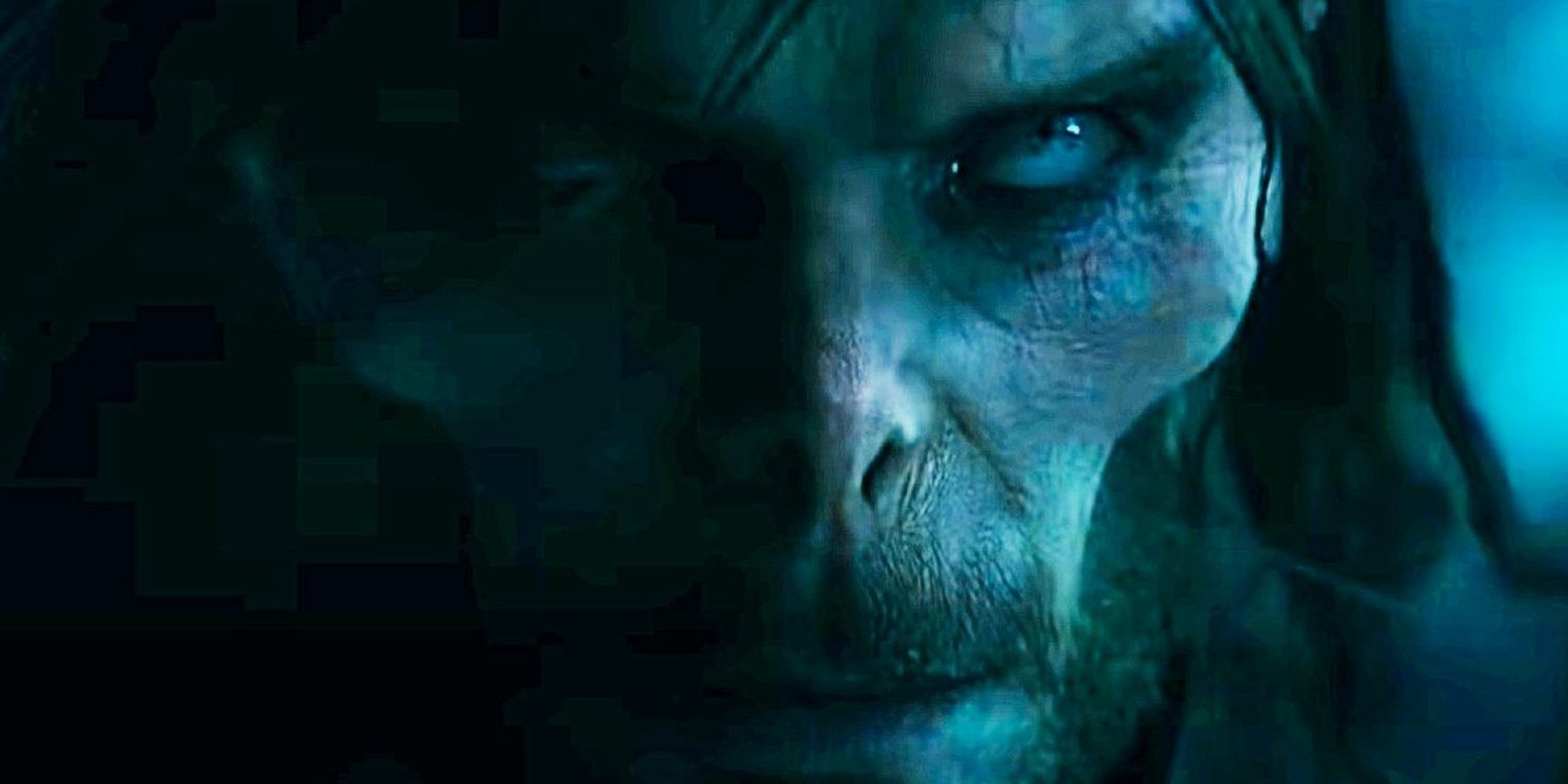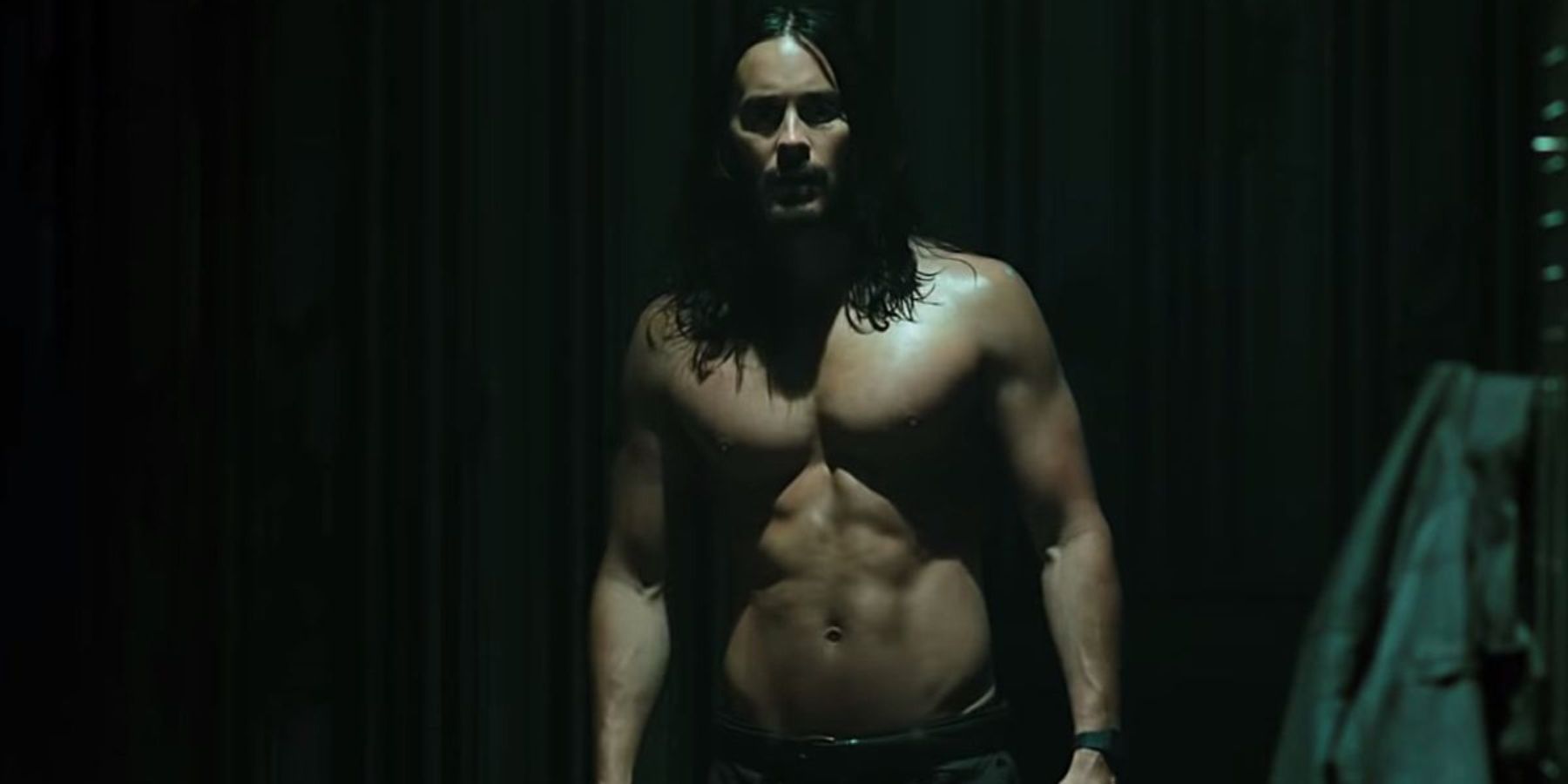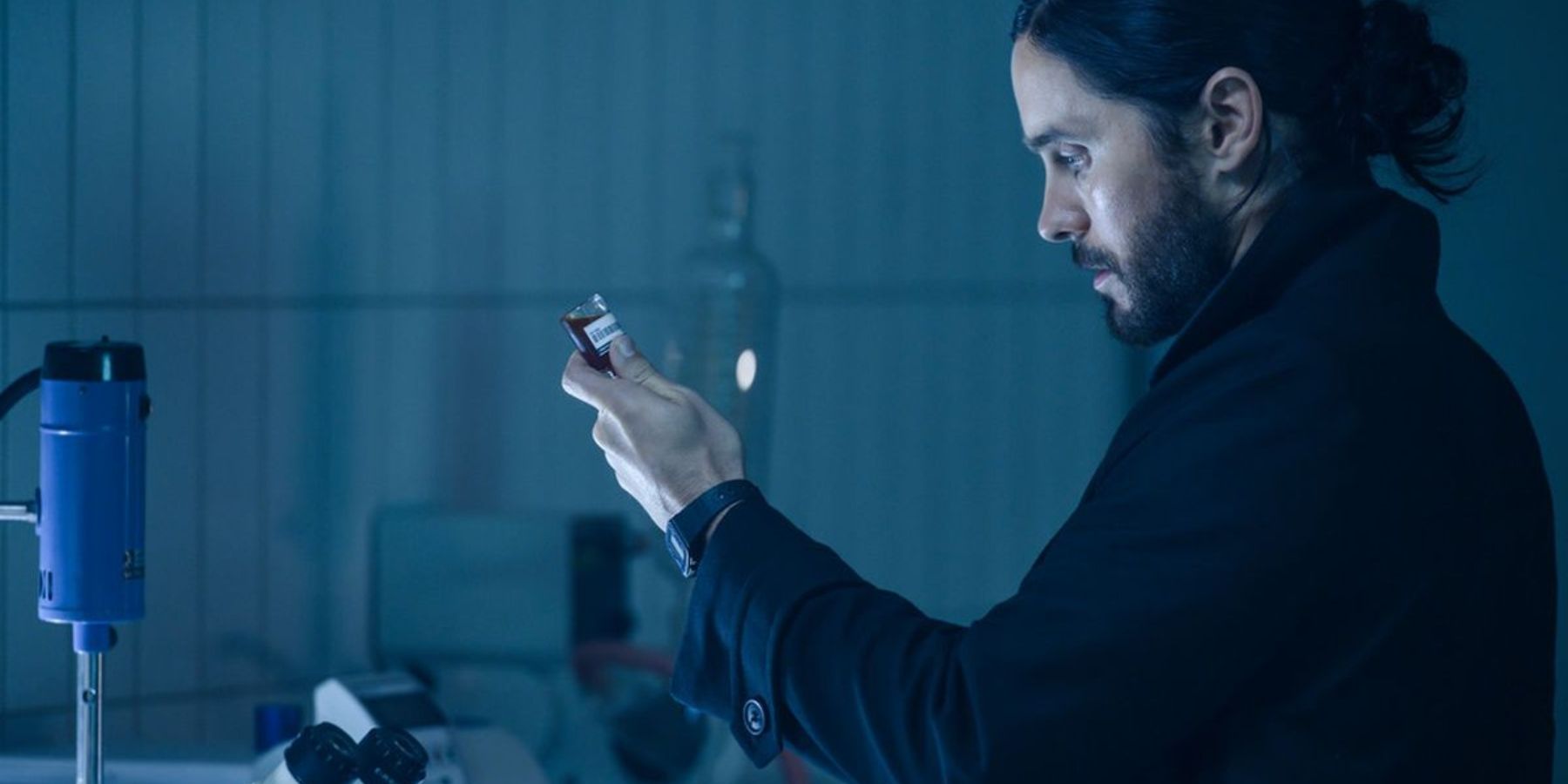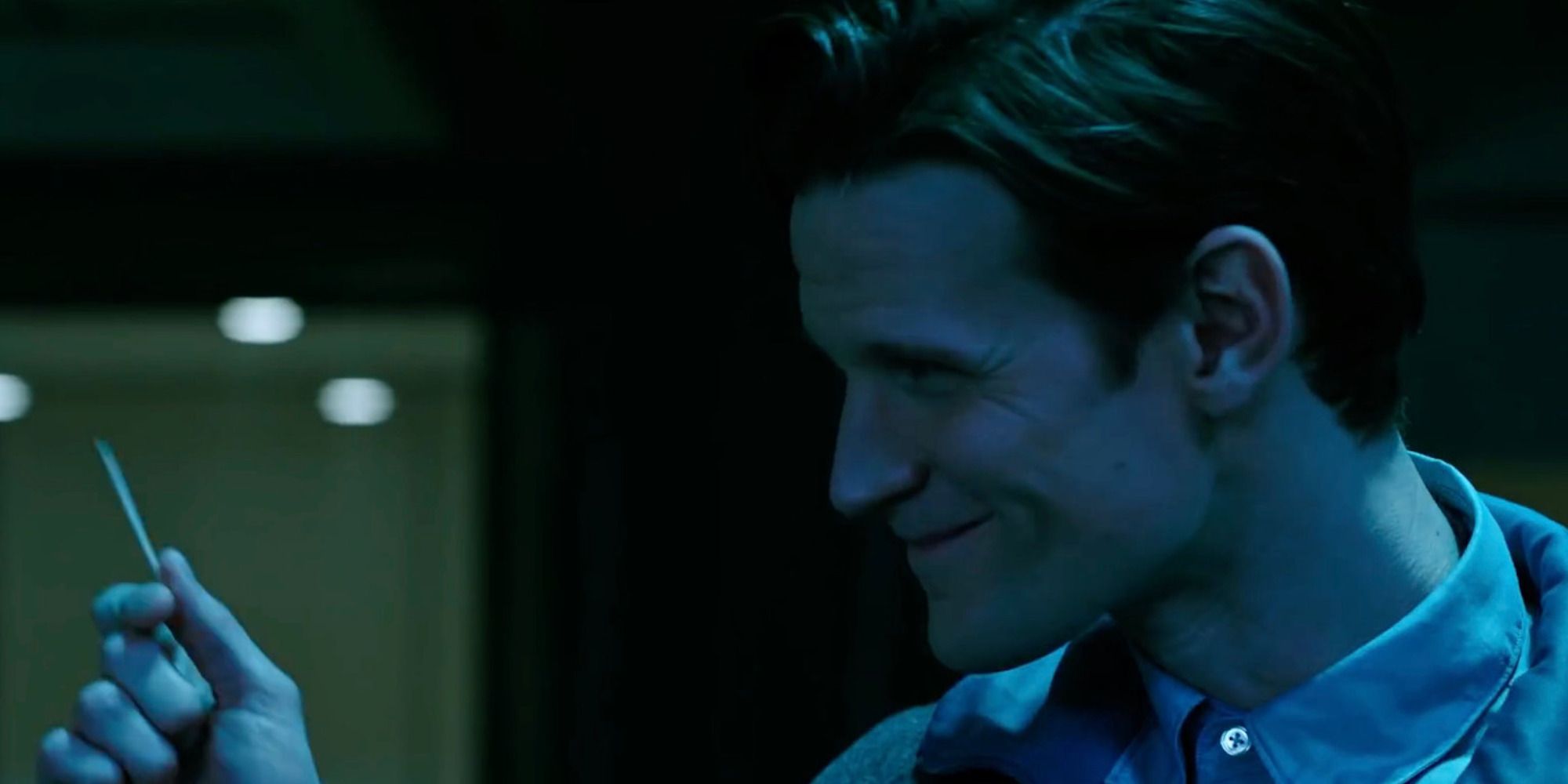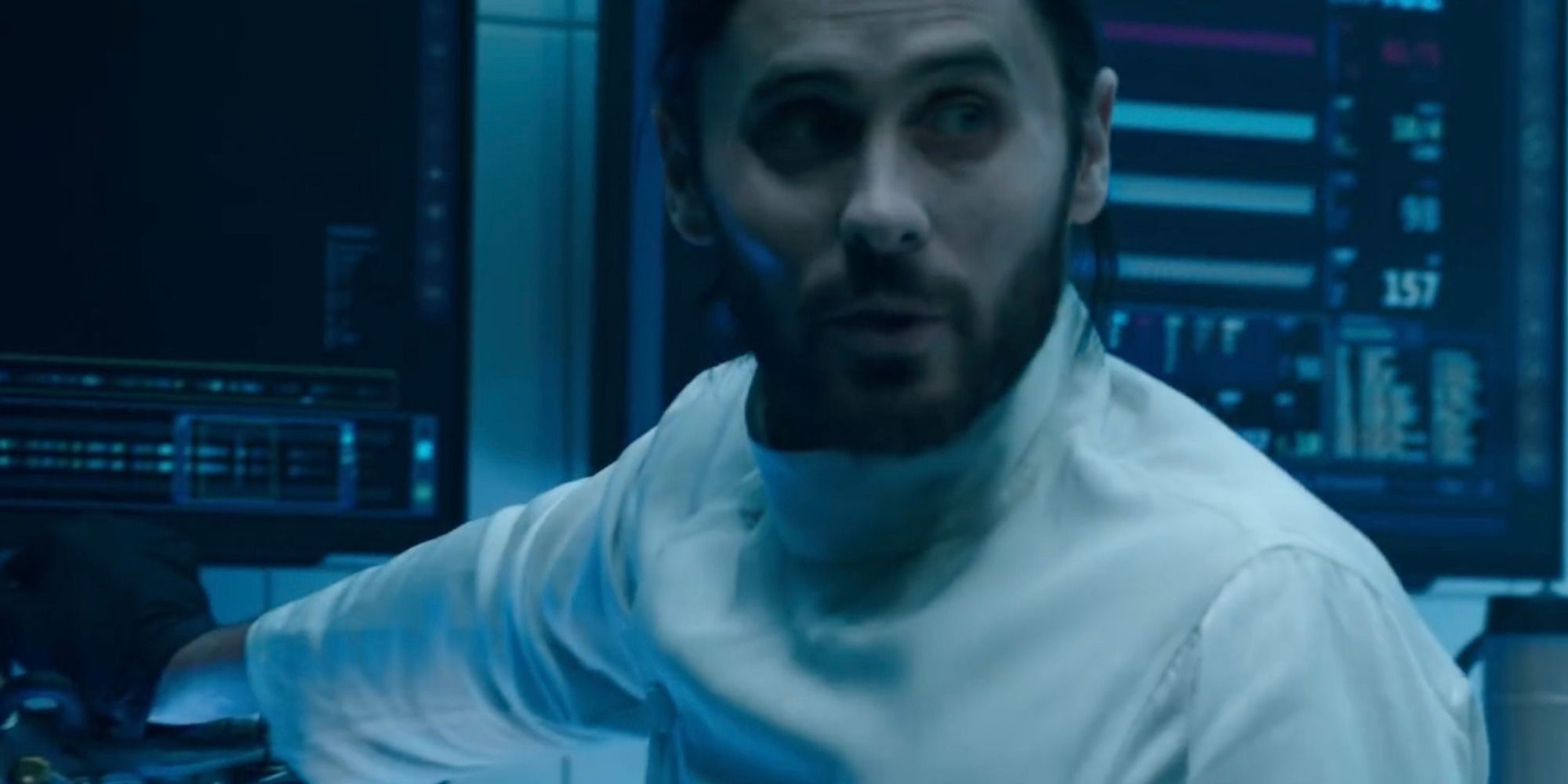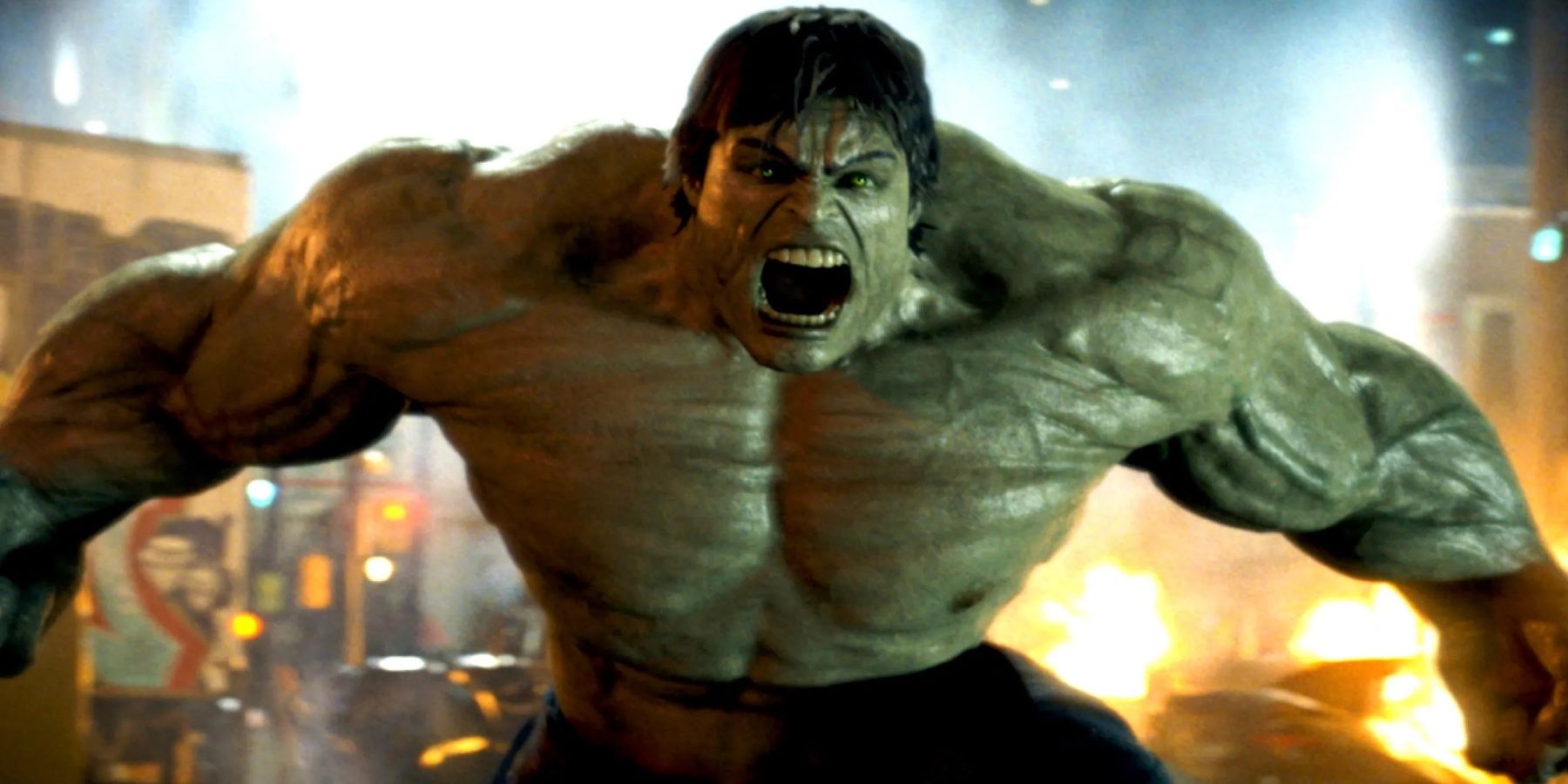This article contains spoilers for Morbius.Morbius, the latest Marvel Comics adaptation from Sony Pictures, has been faring rather poorly at the box office, due in no small part to the overwhelmingly negative word of mouth it’s received since its release. And indeed, there’s quite a lot to dislike about this blood-sucking blockbuster.
There’s no shortage of downright baffling plot points and filmmaking decisions in Morbius. Here are just a few of the most notable parts of the movie that left audiences scratching their heads — aside from the post-credits scene, which is confusing enough to warrant its own separate article.
Morbius’ Powers
One of the most confusing aspects of the film is the nature of Morbius’ powers. Ostensibly, Morbius gained the powers of a vampire by combining his own DNA with that of a bat. However, that explanation doesn’t make very much sense when held up to scrutiny. After all, while Morbius’ echolocation and thirst for blood are certainly batlike, the same can’t be said for his superhuman strength and speed. Furthermore, while bats can obviously fly, it’s unclear why his bat genes allow Morbius to soar through the air without any wings. And of course, there’s the matter of Morbius’ vampire transformation suddenly transforming his physique from withered to muscular.
Of course, the superhero genre isn’t known for its accurate depictions of real-world science. But even by comic book standards, Morbius’ powers offer a challenge to the viewer’s suspension of disbelief. After all, the Batman villain Man-Bat has a similar origin to Morbius, and he transformed into a giant bat monster instead of a vampire-like entity. Morbius becoming a vampire through bat DNA makes about as much sense as Curt Connors’ Lizard formula somehow turning him into a dragon.
The sheer implausibility of Morbius’ powers comes to a head in the climax of the movie, when he spontaneously gains the power to telepathically control bats. He even brings his love interest Martine Bancroft back to life with a bite, seemingly turning her into a vampire as well. Superhero origins are rarely believable, but Morbius gaining such un-batlike abilities simply doesn’t make sense within the logic the film presents. But alas, the discrepancy between the scientific origin of Morbius’ powers and the fantastical abilities he exhibits goes completely unexamined.
Does Anyone Care About Vampires?
Speaking of unexamined plot points, nobody in Morbius seems at all concerned that vampires seem to be real. While this particular brand of vampirism isn’t mystical in origin, it’s nevertheless portrayed within the film as genuine vampirism. Morbius is consistently referred to as a vampire by everyone around him, even joking about his similarity to the likes of Count Dracula on multiple occasions. However, at no point do any of the characters within the film express any shock that these mythical creatures have proven to be all too real.
In one scene, Al Rodriguez — one of the FBI agents investigating Morbius — even brings holy water to Morbius’ interrogation, and is mocked for his superstition by his partner Simon Stroud (Tyrese Gibson). But when Morbius is indeed shown to be a vampire in that same scene, neither Stroud nor Rodriguez react with surprise. They simply accept the reality of the situation without comment, same as every other character in the movie. Even the newscasters recounting the exploits of the mysterious “Vampire Killer” don’t seem at all alarmed that vampires are real. And while Venom seems to be a household name at this point, this doesn’t seem to be a universe where the presence of the supernatural has become a mundane occurrence. Even so, nobody bats an eye at Morbius’ condition.
Milo’s Motivation
One of the highlights of the film is former Doctor Who star Matt Smith’s performance as Milo, Morbius’ surrogate brother and eventual arch-nemesis. But even though Smith is clearly having the time of his life playing Milo, the character doesn’t have a very clearly defined motivation for his sudden turn to villainy. One could surmise that Milo is simply drunk with power and would rather live a life of bloodthirsty hedonism than return to living on death’s door. As such, his reasons for opposing Morbius would be based purely in self-preservation. However, multiple lines suggest other motives for his grudge against Morbius.
During his face-off with his father figure Dr. Emil Nicholas (Jared Harris), Milo claims that Morbius was Nicholas’ favorite pupil, and that he’s been living in Morbius’ shadow his whole life. However, this Loki-esque sibling rivalry fails to ring true — not only were Morbius and Milo perfectly cordial earlier in the film, Milo was shown to be a wealthy and influential man, not lesser than Morbius in the slightest. Other lines from Milo paint him as wanting Morbius to embrace his predatory nature, similar to Wolverine’s nemesis Sabretooth. However, this aspect of the character is similarly underdeveloped. Despite Matt Smith’s best efforts, Milo is an antagonist that the film’s writers didn’t seem to know what to do with.
What Happened To Anna?
In the film’s first act, one of Morbius’ first scenes shows him talking to his patient Anna, a little girl who’s suffering from the same incurable blood disease as him. Later on, Morbius is forced to put Anna into a coma, driving his desperation to find a cure. However, after Morbius becomes a vampire, Anna is never seen or mentioned again. As bleak as it is to imagine this innocent girl being left in a coma for the whole movie, the alternative — namely, that she was given Morbius’ experimental cure and transformed into a vampire — is even more morbid. This is one plot point that the writers clearly didn’t think through all the way.
All The Marvel References
There are multiple scenes throughout the movie that feature shoehorned-in allusions to other, more popular Marvel characters. The most obvious instance is when Morbius scares off a criminal by baring his fangs and declaring “I am Venom!” This on its own isn’t too bothersome, especially since Venom is already known to be a public presence in this universe. However, there are two other references that feel much less natural.
Most notably, during the aforementioned interrogation scene, Morbius tells Stroud and Rodriguez that "You don't want to see me when I'm hungry." This is, of course, a parallel to Bruce Banner’s catchphrase “You wouldn’t like me when I’m angry,” popularized by the 1977 The Incredible Hulk TV show. This reference is more jarring than clever, especially since Hulk and Morbius have no connection in the comics.
Another potential Marvel reference comes in the flashback at the start of the film, when Dr. Nicholas tells Morbius that he’ll be sent to a “school for gifted children” in New York. Judging by the very specific wording, it’s hard to read this line as anything but a nod to the Xavier School for Gifted Youngsters, aka the home of the X-Men. But if that’s indeed an intentional allusion, it’s not a very appropriate one — after all, Morbius isn’t a mutant. These forced references are representative of Sony’s desperation to connect Morbius to the wider Marvel Universe: they accomplish little but remind the viewer that they could be watching a much better movie instead.

